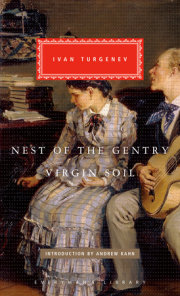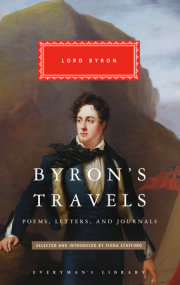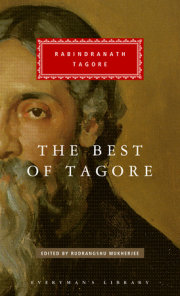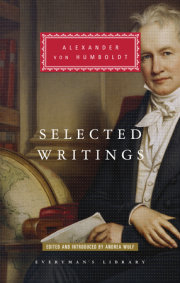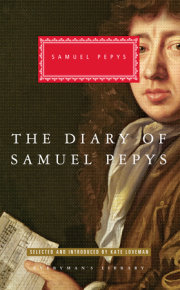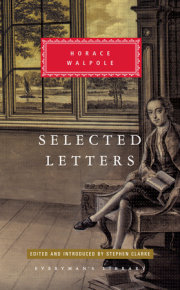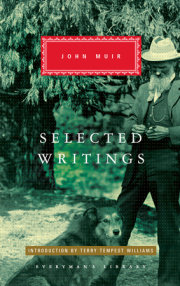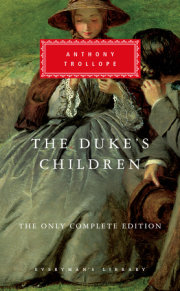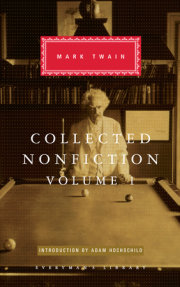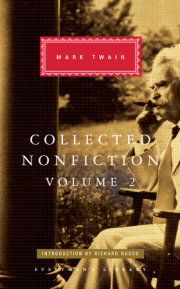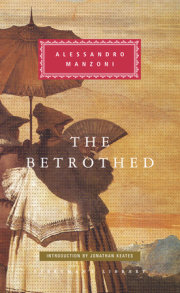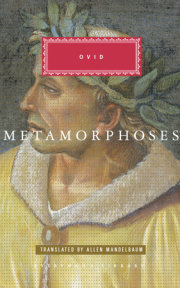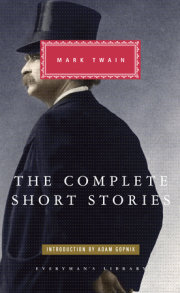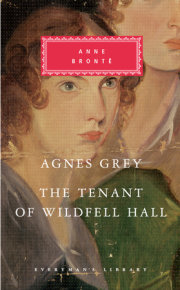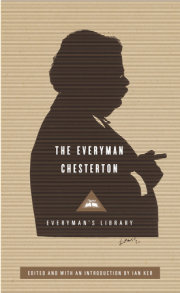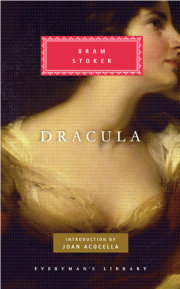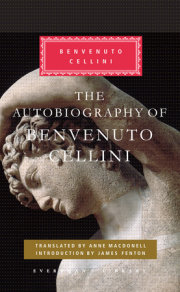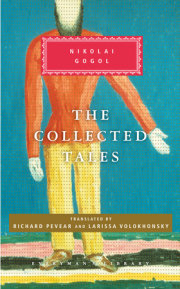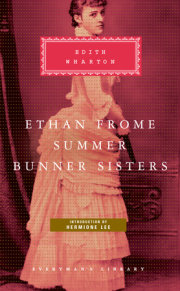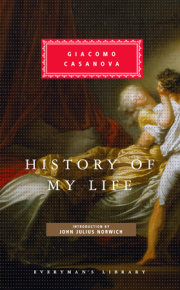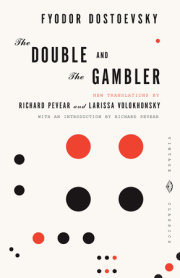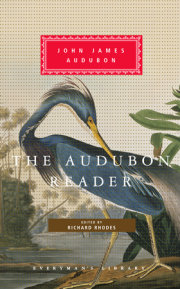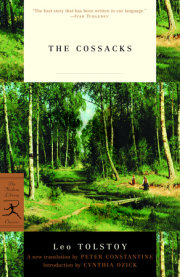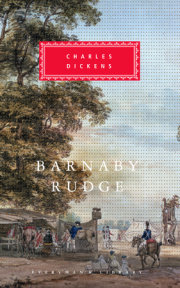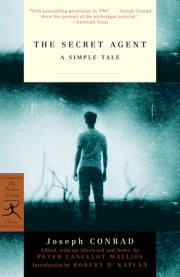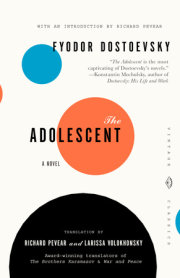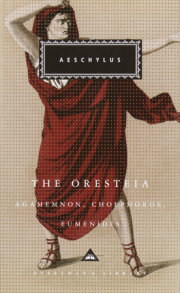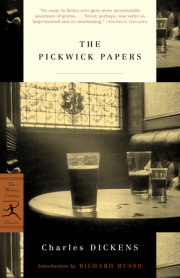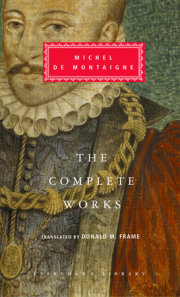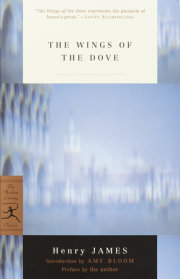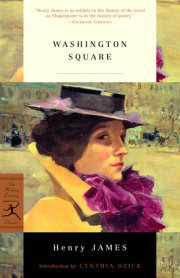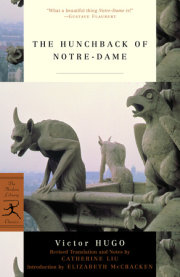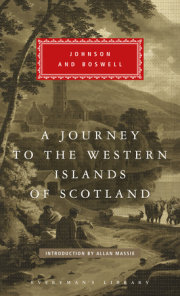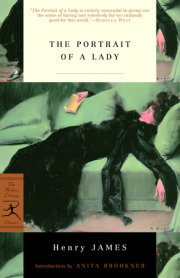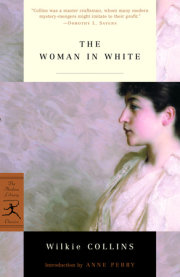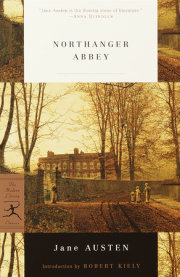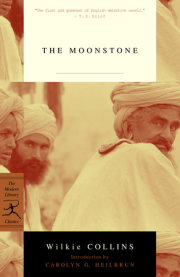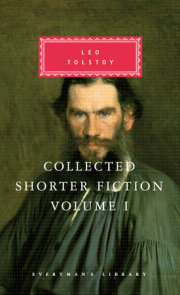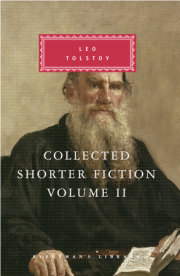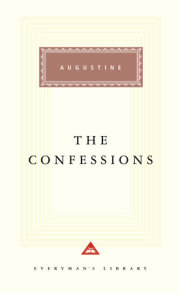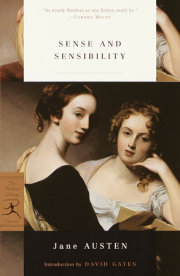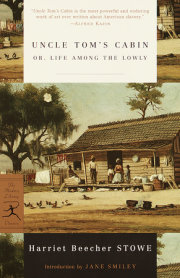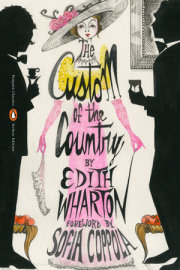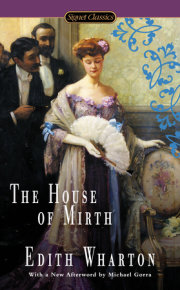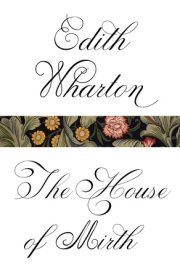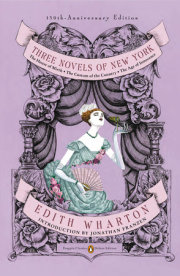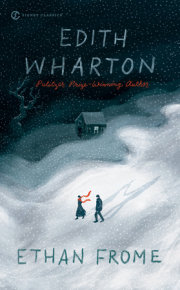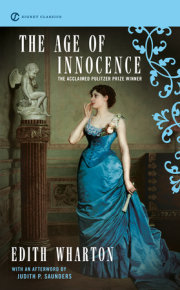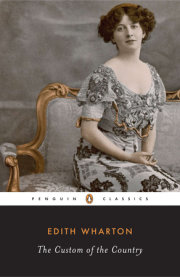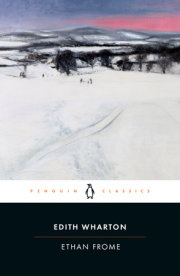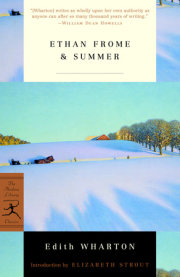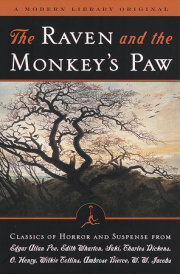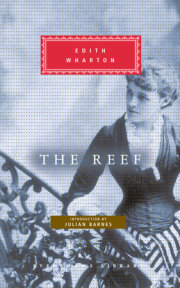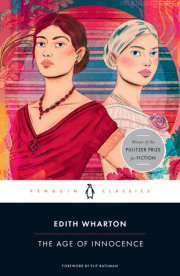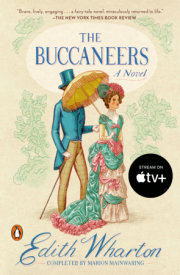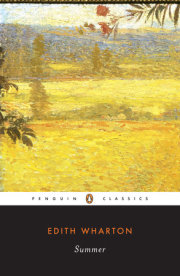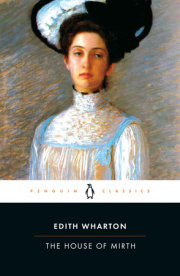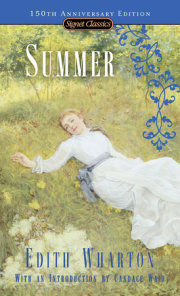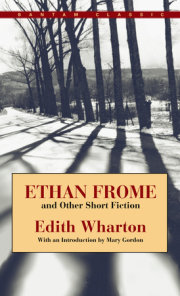INTRODUCTION
The train, meanwhile, had scarcely slackened speed-life whizzed on with a deafening rattle and roar, in which one traveller at least found a welcome refuge from her own thoughts.
(
The House of Mirth, 1905)
Before ten minutes had passed, the old familiar unpleasant sensation of being in a hurry took possession of my mind.
(Eliot Gregory, 'A Nation in a Hurry',
Atlantic Monthly, 85, May 1900)
The House of Mirth comes out of a nation in a hurry. It is possessed by change, by mobility of all kinds. Everyone seems to be in rapid transit; one century seems to be swirling into the next. As we read, we begin to feel that we are in many different worlds at once, encountering carriages and motor cars, candles and electric light, telephone calls and notes sealed with wax, coexisting even within a single page. Edith Wharton's novels often contain an immense array of objects which help us understand the culture that produced them, but here they take us into a society where it is hard to get one's bearings; the map alters even as we look at it. The moment-to-moment narration of the story sustains the effect of an ever-shifting scene, most obviously in the pace and swift cutting of the episodes, but, too, in many of the images that shape what we see: 'the whole scene slipped by as if with the turn of a stereopticon' (I. xiv); 'this glimpse of the ever-revolving wheels of the great social machine' (II. viii); 'now a new vista of peril opened before her' (II. x).
The novel's heroine, Lily Bart, moves from one house to another, from group to group, and class to class, and her tracks cross and recross those of other socially fluid characters-divorced, Jewish, newly rich and newly poor-as they try to make their way in established New York society. Its geography sketches the shadowy journeys of incomers 'from the West', who try out their wealth in the margins of fashionable New York, consolidate it in houses in the 'versatile thoroughfare' of Fifth Avenue, settle it in the building plots of country estates on Long Island, and find in the Riviera and England 'new kingdoms' to display it. En route, a narrative aside comments that, 'Affluence, unless stimulated by a keen imagination, forms but the vaguest notion of the practical strain of poverty' (I. viii). Although the world of the very poor is almost beyond the novel's own imagination, we travel a vast social distance within its hierarchies, in a vertiginous journey downwards from the 'little illuminated circle' of the immensely rich, to the 'dreary limbo of dinginess' (I. xiv) that supports it. At the same time, the narrative spirals inwards; as we see Lily in multiple settings, we also become caught up in a restless inquiry about what she is, what has made her, and what she might become. In this whirling journey into the self, the novel throws out questions about subjective and social identity, asking how these are related and what happens to them at times of breathless change.
*
The opening sentences of the novel face us with the scurry of the contemporary. For readers, in 1905 at least, the afternoon rush at Grand Central Station was the epitome of haste. Cultural historians have reconstructed for us turn-of-the-century perceptions of what these great terminals were like and what they stood for. Alan Trachtenberg suggests that they signified the shape of the future:
Their multiple functions represented travel, interconnection, coordination, the spatial form of placelessness, of being neither here nor there, but on the way.... Like a giant clock seated in the city's midst, the terminal represented regulation, system, obedience to schedule. By necessity, its spaces were provisional: not habitations or places of continuous labor but sites of coming and going.
(Trachtenberg, p. 120)
His view is confirmed by John R. Stilgoe who retrieves for us the laments of city-dwellers like Eliot Gregory:
Our transit from dock to hotel was like the visit to a new circle in the Inferno, where trains rumble eternally overhead, and cable-cars glide and block around a pale-faced throng of the 'damned,' who, in expiation of their sins, are driven forever forward, toward an unreachable goal.
('A Nation in a Hurry', quoted in Stilgoe, p. 23)
This Eliot's New York City sounds like a later Eliot's
Waste Land. No wonder Americans believed that modern civilization played directly on the nerves. The widely read
American Nervousness (1881), by George M. Beard, had helped them understand that their systems were under pressure from the pace of modern life. The human organism was a machine itself, like Edison's electric generator, under strain from outside forces. 'Modern nervousness,' Beard explained, was 'the cry of the system struggling with its environment' (see Trachtenberg, pp. 47-8). New means of transport and communication, not least the railroad's imposition of nationwide 'standard time' in 1883, were placing individuals under near-intolerable stress. At the same time, as Alan Trachtenberg emphasizes, it was only the sensitive elite of America who were under threat. The 'lower orders' were less finely tuned. For the more select, beyond the fears of the machine lay fears of social challenge by the restive underclasses of the city. But whether caused by cultural disturbance or by technology, these currents of modern change passed directly into the currents of the self.
By the end of
The House of Mirth, the heroine has become a victim. The narrative removes her from the shelter of the leisure classes, to subject her to change after change, driving her by degrees deeper into the modern working city. Cut off from a future in her aunt's unchanging home in Fifth Avenue, she enters the 'express train' of the Gormers' society (II. v), and the 'limbo' (II. ix) of the hotel world and others beyond. Lily's final lodging is the drab workers' boarding-house, approached 'through the degradation of a New York street in the last stages of decline from fashion to commerce' (II. x); she hates 'the intimate domestic noises of the house and the cries and rumblings of the street' (II. xi). For Lily, for other characters, and for the novel as a whole, this is, indeed, a decline into the circles of the damned:
[Rosedale] glanced at the dirty and unpropitious corner on which they stood, with the shriek of the 'elevated' and the tumult of trams and waggons contending hideously in their ears ... A cup of tea in quiet, somewhere out of the noise and ugliness, seemed for the moment the one solace [Lily] could bear.
(II. x)
These terms-noise, ugliness, dirt, glare and their variants-are repeated over and over throughout the narrative as the mark of everything Lily fears and has tried to keep at bay. In the final chapters, they saturate her environment and, at last, in her dreadful insomnia, invade her consciousness: 'as soon as she had lain down every nerve started once more into separate wakefulness. It was as though a great blaze of electric light had been turned on in her head, and her poor little anguished self shrank and cowered in it, without knowing where to take refuge' (II. xiii). It is a terrifying image, which the ambiguous peace of Lily's death cannot really lay to rest. Too much of the novel lies behind it.
In her autobiography,
A Backward Glance (1934), Edith Wharton commented that her last page was always 'latent' in her first; and
The House of Mirth, it is true, introduces at the very beginning all the terms which accumulate into the nightmare of the end. From the start, we see Lily defined in opposition to the forces that finally overwhelm her. We meet her, as we eventually leave her, through the vision of Lawrence Selden. As an observer, Selden shapes Lily to his own interests, and his view of her becomes one element in what destroys her. Here, however, it is difficult for us not to see Lily as he sees her, as an expensive and polished work of art, a product of social processes Selden cannot quite grasp, because he is another beneficiary: 'He had a confused sense that she must have cost a great deal to make, that a great many dull and ugly people must, in some mysterious way, have been sacrificed to produce her' (I. i). In Grand Central Station, she arrests the eye because she is separate from the rush, and distinct from the crowd. Radiant, vivid, an image of leisure, luxury and superiority, she is distinguished in every way from the scene that sets her off: 'Was it possible that she belonged to the same race?' (I. i).
These opening paragraphs quickly produce the motifs that the novel clusters together as the fearful realm of 'dinginess', travelling on to colour the narrative, even when Selden's eye is withdrawn: lack of taste (the 'preposterous hats' and 'palm-leaf fans'), hurry, discomfort, ugliness, sallow faces, dullness, routine, the struggle with petty practicalities, the anonymity of the throng. Whatever shapes these take in the text, from the smell of cooking in a drawing-room, to the unpleasantly shining scalp of a charwoman, they emanate from the sphere of work and subsistence and signal the mechanics of living, which the gracious rich can ignore. Lily 'resented the smell of beeswax and brown soap, and behaved as though she thought a house ought to keep clean of itself, without extraneous assistance' (I. ix); in the boarding-house at the end, she 'yearned for that other luxurious world, whose machinery is so carefully concealed that one scene flows into another without perceptible agency' (II. xi).
But as well as coding class, they mark gender: all the forms of dinginess that terrify Lily are female. One of the casualties of the dingy, we learn, is Lily's own mother, whose 'worst reproach to her husband was to ask him if he expected her to “live like a pig”' (I. iii), and his financial failure is her collapse; her death-bed adjuration to Lily to escape stays with her daughter throughout the novel. The mother's voice is strong, but the fear goes beyond either Lily or Mrs Bart. In its shifting fortunes, the novel consistently produces the monitory figures of dismal women who have no rich man to support them: among others, Mrs Haffen adding blackmail to cleaning, when her husband loses his job; Grace Stepney 'with a freckled nose and red eye-lids, who lived in a boarding-house and admired Mrs Peniston's drawing-room' (I. xi); the limp-black figure of Miss Jane Silverton descending Gerty Farish's dull stairs. Even the women in the little restaurant, with their notebooks, music, proof-sheets and engrossing occupations offer no inspiration. Lily's aim is to be invulnerable, married and wealthy enough to escape the struggle.
But the novel requires a counter-force and finds it again in a female form; to be the creature for whom the rest are sacrificed, it suggests, is to become the essence of malignity. The counter-image of the unmarried, the poor, the working-class and the ugly soon concentrates in the figure of Bertha Dorset: a woman endlessly fascinating, with a powerful social credit based on a husband's 'impregnable bank-account' (II. viii). When she appears in Chapter Two, she is described as having 'a restless pliability of pose' and looking 'like a disembodied spirit who took up a great deal of room' (I. ii); warning enough, perhaps, that she will come to haunt every turn of the novel. Like the legion of the dull, she remains for us largely inscrutable, the sum of her effects. The novel keeps its extremes frightening by keeping them vague; but whereas it presents working-class women and spinsters in terms of ugly physical detail, Bertha is composed of a set of 'dark exaggerated eyes', 'literary' clothes and a sequence of snakey images (she glitters in 'serpentine spangles' (I. iii), is an 'anaconda' (II. vi) and at last the 'pursuing furies' take her shape (II. x)). As she drives Lily out of her orbit, her poison gets everywhere. The sight of Miss Silverton, ruined, too, by her brother's connection with Bertha, provokes one of Lily's strongest premonitions of her future:
I see myself reduced to the fate of that poor Silverton woman-slinking about to employment agencies, and trying to sell painted blotting-pads to Women's Exchanges! And there are thousands and thousands of women trying to do the same thing already, and not one of the number who has less idea how to earn a dollar than I have!
(II. viii)
'Fate' is one of Lily's words: to be married to a millionaire like Percy Gryce, or to merge into 'mean and shabby surroundings' (I. iii) are equally hateful to her. For much of the novel, Lily concentrates on her own fate. But at this moment, and a few others like it, her visit to the Girls' Club, for example, she becomes aware of wider issues, seeing, as we do, that she is caught in larger questions about women's value and destiny within the limits of a particular society.
*
In Chapter One, at the station, Selden wonders about her purposes and destination, opening up the inquiry of the narrative as a whole. Like many nineteenth-century heroines, Lily is herself placeless, neither here nor there; she is, we discover later, that socially ambiguous figure, the orphan and poor relation whose journey could end in a grand settlement and fortune, or in isolation and penury. Not a worker or a holidaymaker, she is desultory and drifting in a space between trains on a journey between other people's country houses. At every point in her journey, throughout the novel, what she does becomes less important than the repeated image of her irresolute and waiting-for invitations, callers, letters, legacies, proposals, anything which might help her find a place, and change her identity into one of more solid social value. The sense of 'unfilled gaps of time confronting her' (I. ix) becomes stronger and stronger, merging in Lily's imagination (and ours) with the looming metaphor of the 'abyss' which waits for her. The image, used again and again, is large enough to encompass the social depths of the poor, the dark vistas of spinsterhood and dreary middle age, the horrors of sexual or moral surrender, and the vision of vast existential voids and of dark psychological interiors, even the 'dim abysses of unconsciousness' (II. xiii) she looks down to as she takes her sleeping draft. In Chapter One, Lily does not miss her train, which would perhaps have been too easy a symbol, but her introduction against the regulated, time-tabled world of the hurrying station is an exemplary beginning to a narrative of hesitations, doubt and mismanaged changes of direction, in a world of purposeful schedules.
Copyright © 1984 by Edith Wharton. All rights reserved. No part of this excerpt may be reproduced or reprinted without permission in writing from the publisher.


